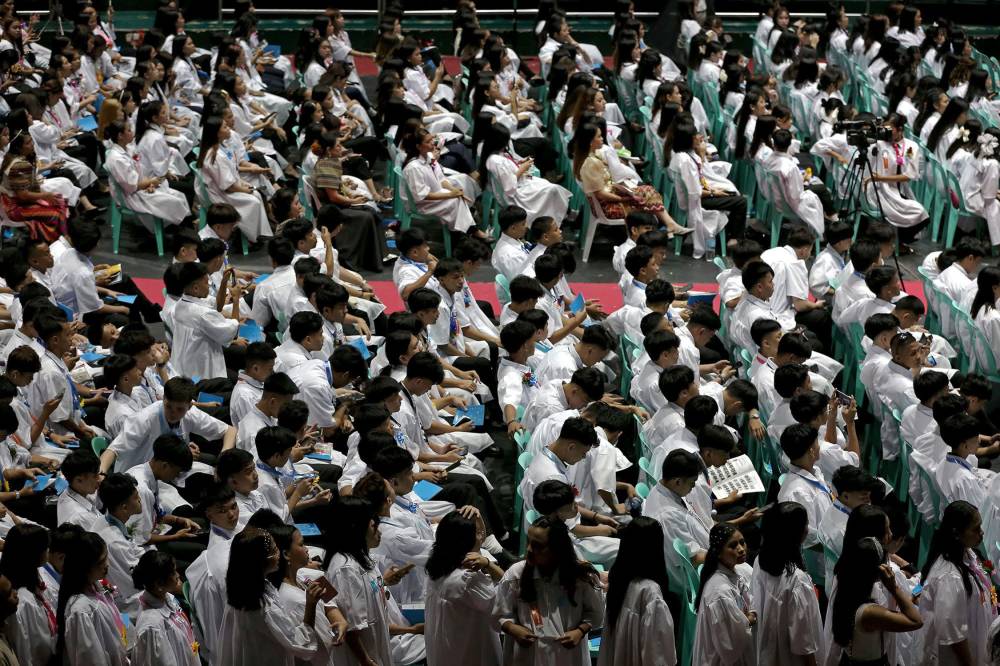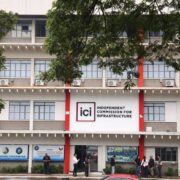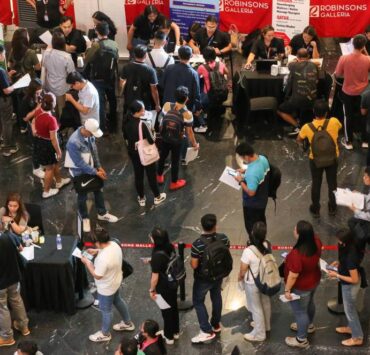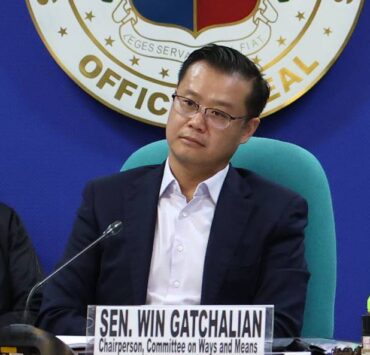Education gets top priority in proposed 2026 budget with P1.28T

The House committee tasked to review amendments to the country’s spending plan for next year seemed to have cranked out an additional P56.6 billion for the education sector, setting up the proposed 2026 national budget as the largest education funding plan in Philippine history.
“This is unprecedented,” said Nueva Ecija Rep. Mikaela Suansing, chair of the House appropriations committee during Wednesday’s meeting of the budget amendments review subcommittee (BARSc). “This is the first time in history. This will be the highest education budget in history.”
Suansing said the P56.6-billion increase covered, among others, an additional P35 billion for the Department of Education’s (DepEd) basic education facilities, P414 million for its computerization program, and P4 billion to cover part of the government’s three-year funding shortfall for state universities and colleges (SUCs).
SUCs would also receive an extra P1.8 billion for campus infrastructure, while the Technical Education and Skills Development Authority (Tesda) is set to gain P3.6 billion more for its Training for Work Scholarship Program and Special Training for Employment Program.
These augmentations are on top of the P1.224-trillion education allocation in the 2026 National Expenditure Program (NEP).
If approved by the Senate and retained in its reconciled version of the 2026 General Appropriations Bill, this would mean that the education sector would receive P1.280 trillion in total.
Over 4 percent of GDP
The increases, Suansing added, would push education spending past 4 percent of the country’s gross domestic product (GDP)—a long-recommended international benchmark.
Under the Constitution, the education sector was identified as the proper priority in public spending, but the rule was barely followed in previous years because military modernization and other spending needs were prioritized.
On Sept. 22, the BARSc had already moved to augment the budget of several agencies, including the education cluster, using the P255 billion originally cut from the Department of Public Works and Highways’ (DPWH) flood control budget.
At the time, the education cluster composed of the DepEd, Commission on Higher Education, SUCs, Tesda, and Philippine Science High School System (PSHSS) already got a P36-billion boost.
However, “once the agencies saw which ones were included in the BARSc proposal, some of them came back to us and said if you’re allocating this much to our agency, can we ask for funding in this item instead as this is the more urgent priority,” Suansing said.
The BARSc—constituted for the first time in Congress’ history—is part of Suansing’s reforms to make the budget process more transparent and accessible and avoid a repeat of the 2025 General Appropriations Act.

















